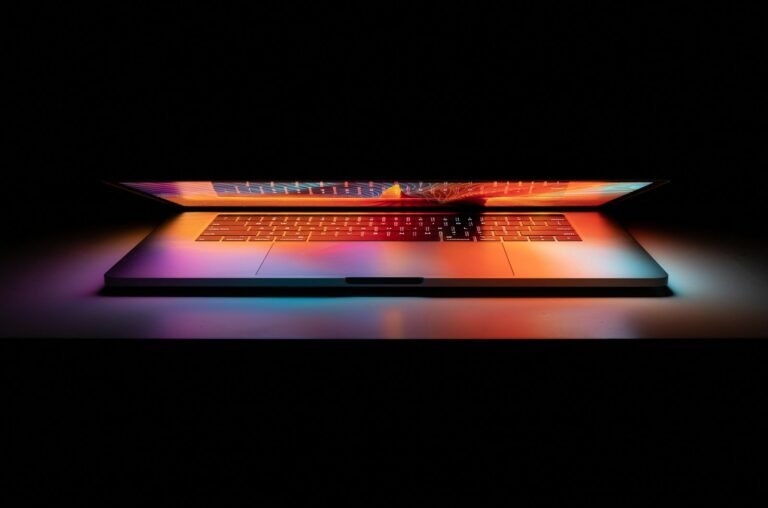The Quiet Watch: Why We’re Losing Our Grip on Privacy
We’re surrounded by devices that know more about us than we realize. From the thermostat that learns your schedule to your smart speaker remembering what you’ve said, these gadgets collect data without asking. Most of us don’t even notice how much information we’re handing over—what we do, when we do it, how we speak. The truth is, we worry about privacy, sure, but we don’t act on it. We keep scrolling, tapping, signing in, and trusting that nothing bad will happen. That’s the paradox
And it’s not just about how much data is being collected. It’s about how we see it. We don’t assign much value to privacy—like, “This is worth something.” We treat it as background noise, not something we need to protect. We assume we’re safe because we don’t see a breach in our own lives. That “it won’t happen to me” mindset is dangerous. And when convenience wins over caution—like getting instant recommendations or a smart fridge that knows what you’re running low on—we just roll with it. We don’t think about what happens behind the scenes, or who might have access to that data. The result? We’re handing over control, piece by piece, without realizing it.
Why We Let Privacy Slip
- Data collection by default: Smart devices collect your habits, voice, routines—often without your knowing or agreeing. It’s built into how they work, not something you opt into. You don’t see it, so you don’t stop it.
- Security is buried in complexity: Most device settings are buried deep in menus, poorly explained, and rarely touched. Users skip them because they don’t know how or why. Manufacturers don’t make security easy—they make it invisible.
- We don’t see the real cost of giving up privacy: Privacy isn’t a price tag. It doesn’t feel like a loss of something tangible. So when we trade it for a smoother experience, we don’t question it. We just accept it.
- We assume we’re not targeted: Many people think they’re safe because they don’t see a breach. But data isn’t just stored—it’s shared, sold, or exploited. And once it’s out there, it’s hard to recover.
- Convenience wins over long-term risks: We value instant results—personalized ads, smart home automation—more than we value how our data might be used later. That short-term gain feels better than worrying about privacy.
The truth is, we’re not just being watched. We’re letting it happen—because it feels easy, because we don’t see the danger, and because we don’t know what’s at stake. Privacy isn’t a luxury anymore. It’s a daily choice. And right now, most of us are making it the wrong way.







